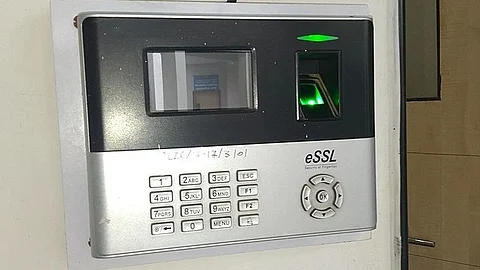Dr. Sudhakar Shinde, the commissioner of BMC, said that the late arrival of senior doctors in public hospitals increases the waiting hours of patients, and over 10,000 patients in all four hospitals are from various locations that are 50 to 60 km away from Mumbai. If the doctors arrive late, it will make patients stand in long lines for long hours, which will discomfort the patient as they might have traveled from a faraway distance.
Also, an official from the health department said that there will be a delay in registering and documenting the attendance if the doctors of the respective departments are late, and OPDs close after 1 p.m. If the doctor arrives late, then the treatment of patients will be delayed as well.
After the mandatory biometric verification for attendance, all the doctors arrived to the OPDs on time on their first day which greatly decreased the patient crowd and patients were attended before the closing time of OPD.
On his visit to the hospital, Dr. Shinde observed that senior doctors who had their own clinics nearby left OPD earlier than the closing time after making the biometric verification mandatory.
He also said that if any doctor violates the system, than severe action will be taken against the respective doctor.
This biometric verification system is implemented for doctors to manage time and make schedules based on the convenience of the patient.
(Input from various media sources)
(Rehash/Rohini Devi)


